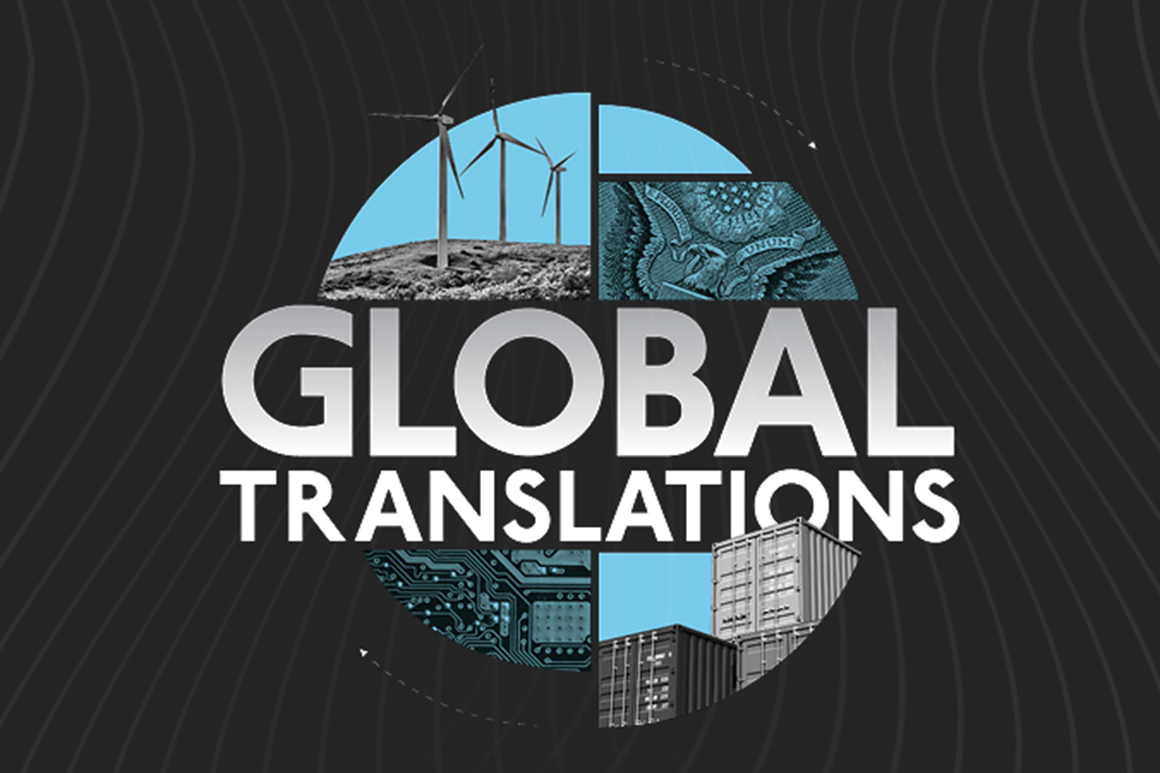
Sharon Thorne, Deloitte’s Global Board Chair, said that while “Climate change was a top agenda item for global business leaders just a couple months ago, these discussions have understandably taken a back seat.”
Yet one of the more durable lessons of the pandemic is the value of preparation and how it impacts the intricate balance between short-term profitability and long-term viability.
Mike Ferguson, S&P Global Ratings’ director of sustainable finance, talks to management teams of large companies every day. He said that while S&P is swamped with rating decisions involving companies with liquidity issues, and “massive shocks to revenue in the short-term,” there is less “tunnel vision” today among managers and board members, compared to the 2008 financial crisis.
“Companies in general are better prepared. Even if it wasn’t this specific pandemic (that they prepared for), they were aware of the broader risk environment and it shows they are considering things in a longer-term and beyond their normal frame of reference, including consulting with outside authorities,” Ferguson said.
Are companies set to ditch their sustainable investments plans? “No-one really knows where the bottom is,” Ferguson admitted. “This is so disruptive, it will cause companies to revisit their strategies. A lot of companies will need to look at new budgets and re-prioritize.”
Putting himself in the shoes of a risk management team, Ferguson said “today all the inputs and assumptions they’re making are guesses” and unlike regular scenario planning, the inputs are “changing on an hour-by-hour basis.”
Some are asking how many waves of coronavirus infection their sustainability plan and company can survive. Ferguson said “not many companies have come out and said they’re deferring sustainability,” but the current problems are real and may “cause companies to reallocate capital.” Massey expects many large companies to soft-pedal or back-pedal their ESG commitments “within the quarter.”
How are they being treated as customers of financial and other services? Ferguson said “my insurance and mortgage companies reached out to me to see what they can do” while, for Massey, the priority is keeping service providers afloat. Paying his cleaner and sending tips — to the person who’s been cutting his hair for 16 years. “The question everyone has to ask themselves is what can I do to remove a burden from others,” he said.
European Union in focus
The EU’s executive arm, the European Commission — a longtime leader in sustainability regulation and norm-setting — is now pitching plans to boost green finance as a way to prevent future pandemics. The EU’s executive argued in a policy paper first revealed by POLITICO on Tuesday that a „more sustainable financial system should also contribute to mitigate existing and future risks to wildlife habitats and biodiversity in general, as well as support the prevention of pandemics — such as the COVID-19 crisis.” Ideas include lighter capital rules for banks on green loans, a list of discouraged brown activities and an Ecolabel for professional investors.
The EU’s effort to marry sustainable finance and health comes as the coronavirus supplants climate change as the bloc’s topic political priority. The EU is already committed to achieving climate neutrality by 2050 and driving over $1.1 trillion of private and public money into green investments over the next decade.
More broadly, Europe is deeply divided about what are sustainable ways to rehabilitate the continent’s economies. Northern European countries are immovable in their opposition to shared government debt that could help hard-hit Italy, Spain and France in particular. EU finance ministers agreed Thursday evening on a compromise strategy that includes emergency credit lines. Prior to the meeting, Italy’s prime minister, Giuseppe Conte, said the EU risked collapse while European Parliament President David Sassoli, a fellow Italian, argued “we need to find new, extraordinary, and shared ways to finance” Europe’s recovery.
Sustainable Finance Snapshots
They fought the EU, and the EU won: Following last week’s “Japan in Focus” section, Brussels-based Influence Map outlined how the Japanese business federation Keidanren led a group of Japanese trade associations in an unsuccessful effort to block the EU sustainable finance taxonomy.
We saved the banks, they must help us: One British entrepreneur speaks out about being required to complete 14 forms to access a government loan and then being rejected by his own bank … because some of the money would have gone to bolstering online sales.
Watch out for banker bonus restructuring: Banks needing bailouts or good PR may be looking to skip, limit or hide their next round of bonuses. But as the FT has pointed out, using 2020 share prices as the benchmark for success in renegotiated compensation packages will likely mean years of bloated bonuses starting in 2021.
Source: politico.com
See more here: news365.stream






